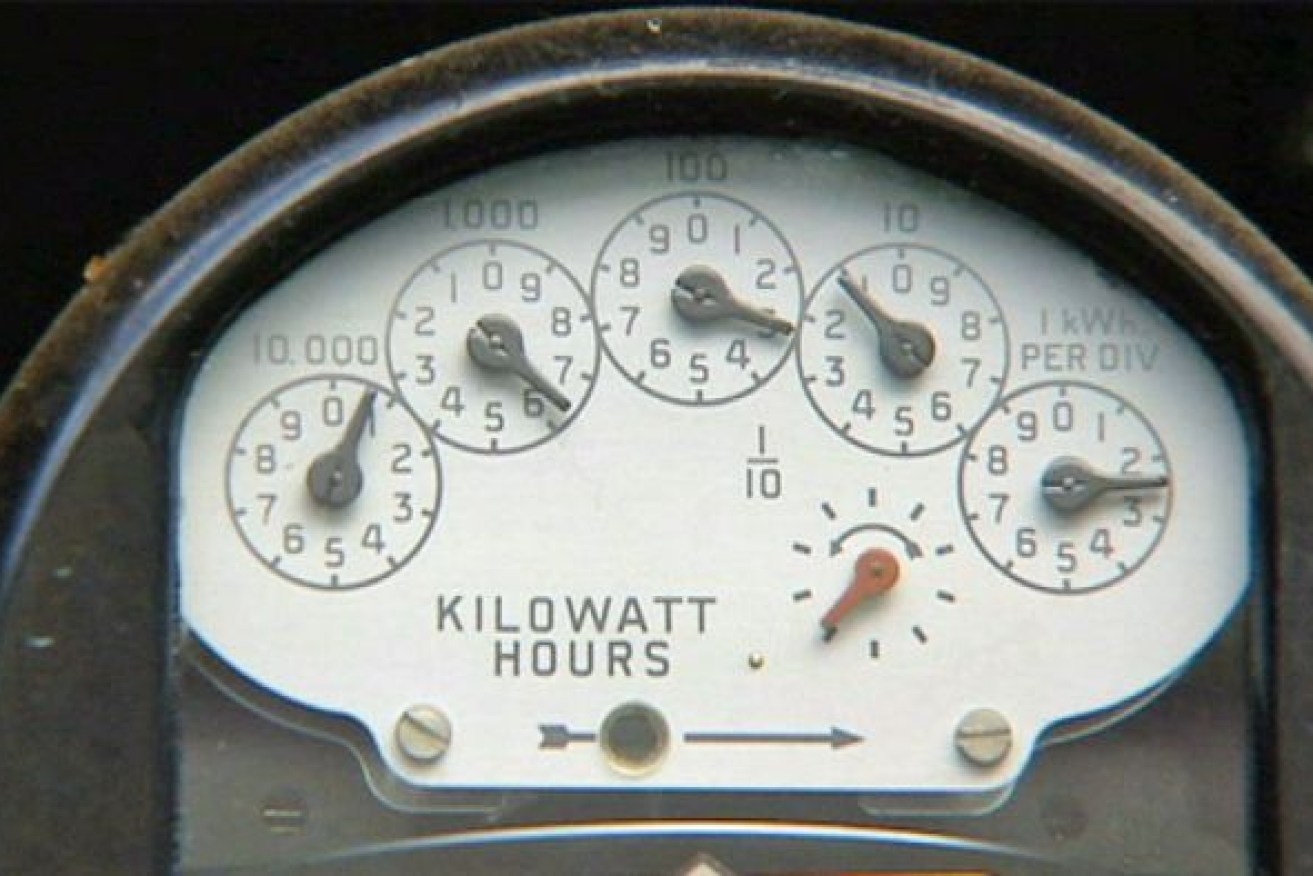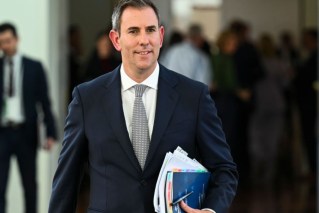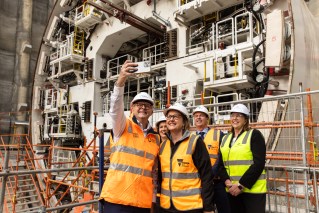Relief on the way from soaring power bills

Millions of people are in line for energy bill relief in the budget as the government promises hundreds of dollars in savings for those facing a financial squeeze.
The commitment for more than 5.5 million Australian households and one million small businesses comes as speculation grows a broad rise in the JobSeeker payment could be included in the Tuesday budget announcement.
The Labor government committed to power bill relief as part of its intervention in the energy market last year.
“People will be getting several hundred dollars if they’re on pensions and payments or a small business,” Treasurer Jim Chalmers said on Sunday.
He said the rebate amount would depend on where people lived, the price pressures they were under and how much states and territories were prepared to kick in.
Forecasts of soaring energy prices in the October budget prompted the government to step in with a temporary cap on coal and gas prices as well as rebates to provide energy bill relief.
The Commonwealth has committed $1.5 billion to pay for cheaper energy bills, with extra funding dependent on states and territories agreeing to match the promise.
Cost-of-living challenge
The government has been facing the challenge in its May budget of needing to provide targeted cost-of-living relief in a period of high inflation, without fuelling further price increases.
The treasurer previously said the energy bill relief would take pressure off inflation as measured in the consumer price index.
Steven Hamilton, an associate professor of economics at George Washington University, said the energy rebates would be expansionary – even if they were included in people’s energy bills – because they would free up money for consumers to spend elsewhere.
He told AAP the measure would mechanically lower the CPI but ultimately any dollar the government spent that ended up in people’s pockets would add to demand, including childcare subsidies and energy rebates.
But Dr Hamilton said some upwards pressure on inflation should be tolerated by the government if it was trying to help those hit hardest by the cost-of-living crisis.
JobSeeker boost tipped
A blanket $40-a-fortnight boost to JobSeeker payments is also reported to be on the cards as the government continues to be pushed to lift the rate of the welfare payment.
Dr Chalmers would not be drawn on a possible increase for all JobSeeker recipients, saying the budget would include a cost-of-living package that was “broader that what has been speculated on”.
Greens social services spokeswoman Janet Rice said the possible increase was even less than the Morrison government’s $50-a-fortnight lift after the pandemic.
“Two dollars and eighty-five cents a day is woefully inadequate and doesn’t even keep up with the rising costs of food and rent,” she said.
Dr Hamilton said lifting JobSeeker would be inflationary but with only 700,000 people on the income support payment the impact would be relatively small.
Shadow treasurer Angus Taylor said helping people into the almost 430,000 vacant jobs should be the priority.
“That’s almost as many vacancies as unemployed Australians. We haven’t seen that ratio in living memory,” he said.
“The priority right now has to be helping people into work and making sure we’ve got downward pressure on inflation when they get into work so that their real wages are strong.”
Mr Taylor described inflation as “a big tax on everyone” and said Australians would pay the price if the budget failed to take the pressure off.
“The critical point here is inflation is impacted by the overall budget, not just any individual initiative,” he said.
-AAP








